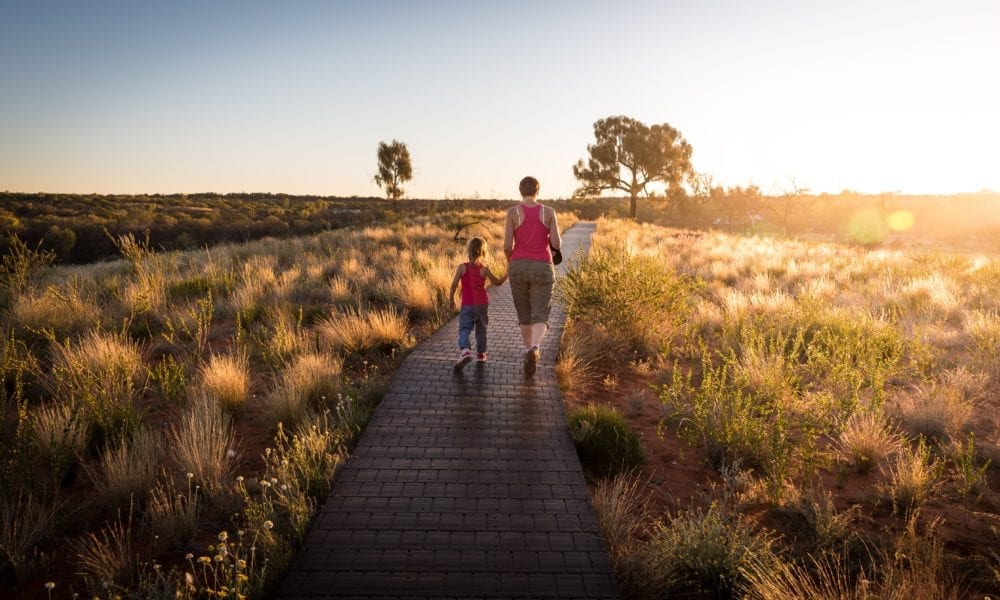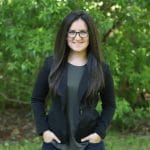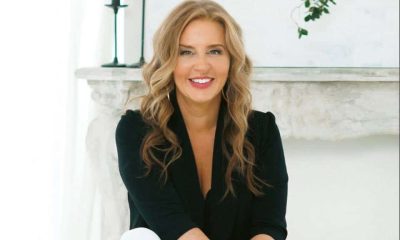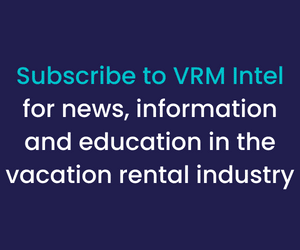
“I got an opportunity just a couple weeks ago to spend some time with one of our families in Orlando,” said Alice Horn, founder and CEO of Miami-based VillaKey. “It was really kind of emotional for me. The mom was walking around telling me how much it had meant to her son and her whole family to have a vacation experience and make vacation memories just like any other family. The little boy was over-the-moon excited that there was a Mickey-themed room and a movie theater.”
While this may seem like an average vacation rental guest story, this experience was special: the little boy, Jason Lanza, has autism spectrum disorder (ASD). ASD is a developmental disability that encompasses a range of conditions that can cause behavioral, social, and communication challenges. A report published last year by the Centers for Disease Control found that the prevalence of autism in children is about one in 59.
According to the Autism Society, more than 3.5 million Americans live with an autism spectrum disorder. Travel is particularly difficult for many families with autistic children because they may have trouble adapting to change in their surroundings and routines, can become quickly overwhelmed by sensory input, can wander off in an unfamiliar location, and experience other issues.
Lanza and his family stayed in one of VillaKey’s Orlando homes specially designed to help address these challenges and to make travel easier for families like his. The home is a part of VillaKey’s autism-friendly collection, a selection of 200 properties and growing.
The company works with homeowners and property managers to identify and upgrade homes with the following criteria:
- Quiet location
- Soft lighting, soft or neutral colors, soft sheets, and fragrance-free cleaning products to minimize stimulation
- Pet friendly is strongly recommended because many kids with ASD have service pets
- Alarms on exit doors to alert caregivers if a family member with ASD wanders off
- Security fence around a pool
- Full kitchens so parents can cook specialized meals because kids with ASD often have allergies and other dietary sensitivities
Although it manages a small number of properties, VillaKey is primarily a marketing platform and currently lists about 1,000 total properties across Orlando, Miami, and Colorado. The company is working with professional property managers to expand its autism-friendly collection and its wider portfolio in clusters around attractions and destinations that are appealing to families with ASD, including additional Florida beach communities, San Diego, Pigeon Forge, and Myrtle Beach.
Vacation rentals, private homes by nature, also add a layer of comfort for guests. “In the vacation rental industry, we have the opportunity to control the environment for a family much more so than in a hotel,” Horn said. “When you walk into a crowded hotel lobby, there’s a lot of people, noise, stimulation, and sensory input for a family and a child, and that can be a tough start to a vacation,” she said. “But when you walk into a home, its welcoming, calm, and familiar. A lot of kids have trouble with change, but a home environment makes it much easier for the whole family.”
Many of the families who VillaKey staff members speak with have never traveled before because of how difficult travel can be, and one of the biggest challenges is trust. “It’s really important for them to know that this is a solid opportunity and that the team behind VillaKey cares enough to learn about their needs, and part of that means certification,” Horn said.
Last fall, VillaKey became the first vacation rental company to become certified in autism travel by the International Board of Credentialing and Continuing Education Standards (IBCCES). The company is now a Certified Autism Center (CAC), and its staff are Certified Autism Travel Professionals (CATP), both of which enable the company to adequately serve the needs of families with autistic travelers young and old.
“Our program competencies are based on the training content as it relates to various settings, so applicants have a broad-based view of not only what autism is, some common signs or needs individuals on the spectrum have, and ways they can enhance the travel experience,” said Meredith Tekin, president of IBCCES. “We want our professionals to understand their clients’ needs and follow an evidence-based program so that they can use their existing knowledge of the travel industry along with their new autism-specific training to ensure an amazing experience for all families.”
IBCCES helps promote its Certified Autism Centers to a market it values at $262 billion. Certified companies receive badges, press releases, and listings on IBCCES’s online directory and AutismTravel.com, which reaches 5.6 million parents, therapists, and teachers globally. VillaKey is now featured among 36 certified autism centers around the world, including zoos, resorts, schools, hair salons, and other businesses.
Additionally, VillaKey helps extend a comfort level and trust well before guests arrive. The company partnered with the University of Miami – Nova Southeastern University Center for Autism and Related Disabilities, to develop pre-arrival materials to help educate parents and children. One is a checklist with things such as test runs to practice what it will be like to stay in a vacation rental and packing reminders for autism-specific items, including sensory-friendly toys and the child’s favorite sheets. Another is an e-book about going on a trip and staying in a vacation home that parents and kids can read together to familiarize themselves with the journey.
Another barrier to travel for autism families is cost. According to Autism Speaks, care for a child with autism costs an estimated $60,000 per year through childhood. Care for a person with an intellectual disability costs on average $2.3 million over a lifetime, compared to $1.4 million for someone without an intellectual disability. Vacations aren’t always in the financial cards.
VillaKey embraced this market by helping to break down this barrier too. Last April, it launched VillaKey Cares, a program that donates 10 percent of net profits from every reservation to help support travel expenses for families affected by autism who have limited resources. The Lanzas were the first family hosted through this program.
“As a team, we all believe that it’s important for any business to have a social component and a mission beyond the bottom line,” Horn said. Because the number of kids with ASD is growing so rapidly, “It’s going to be incredibly important, not just for the travel industry but for all industries and business, to adapt and think about how to take care of the needs of this population,” she said.
Beyond all the social good VillaKey is doing for an underserved traveler segment, pursuing niche markets is simply savvy business. “We all need to find some way to set ourselves apart with the commodification of the industry . . . Having some kind of uniqueness is incredibly important,” Horn said. “To be able to do that in a way that’s benefiting families and society is an added bonus.”













RSS